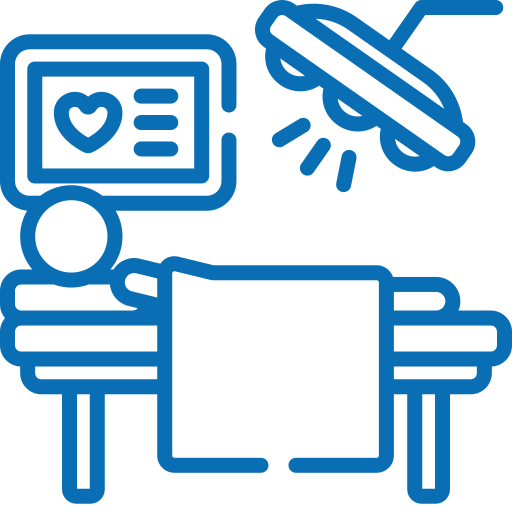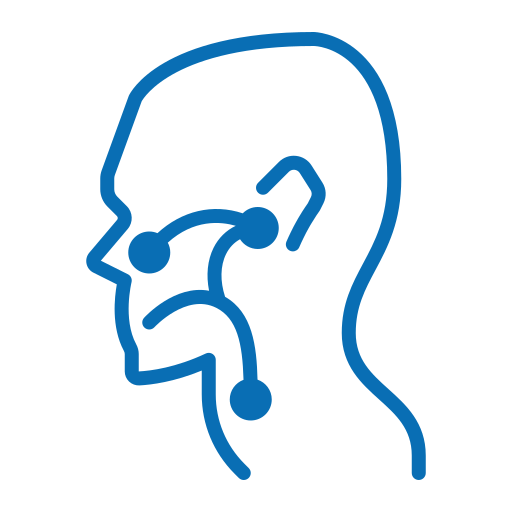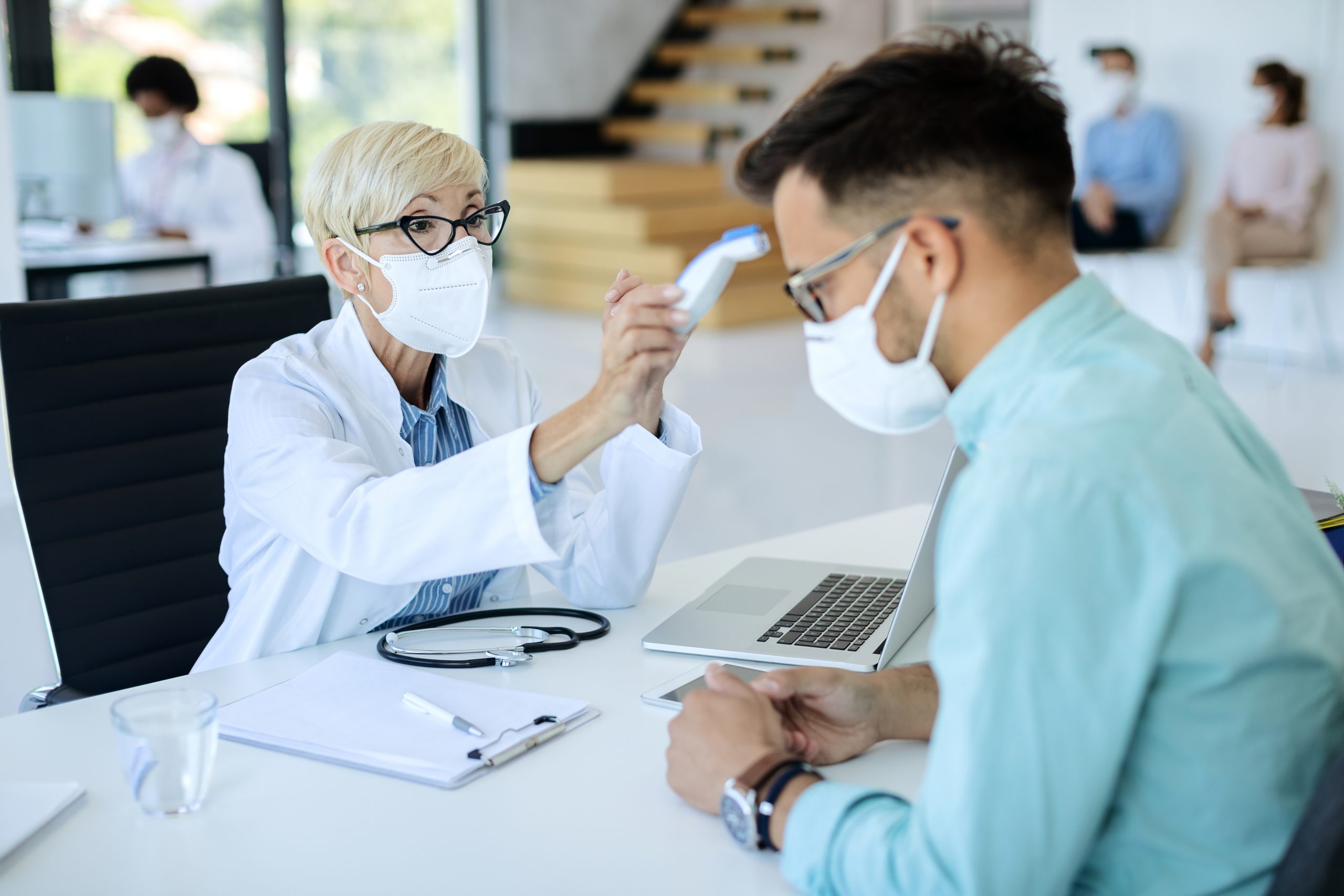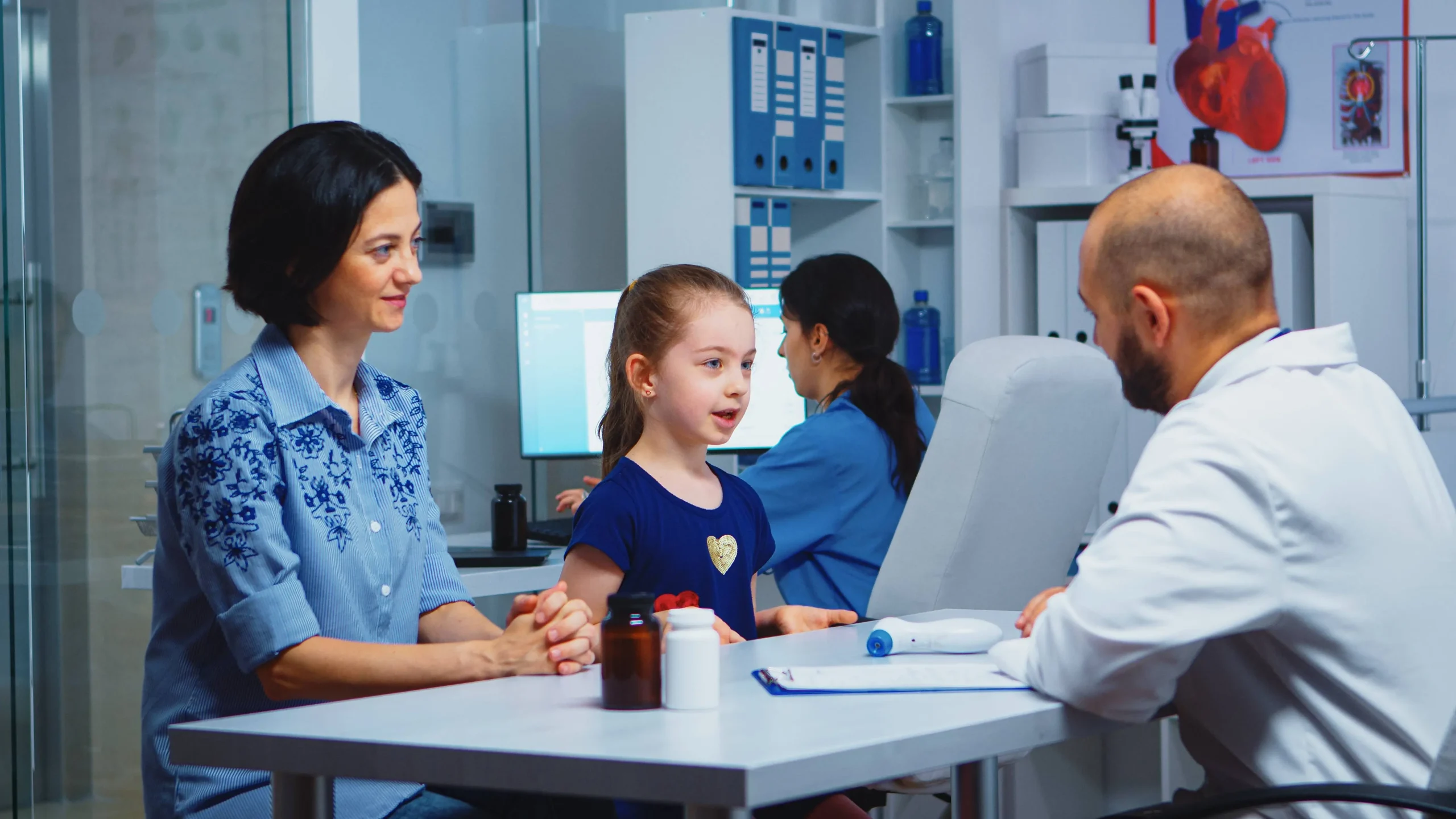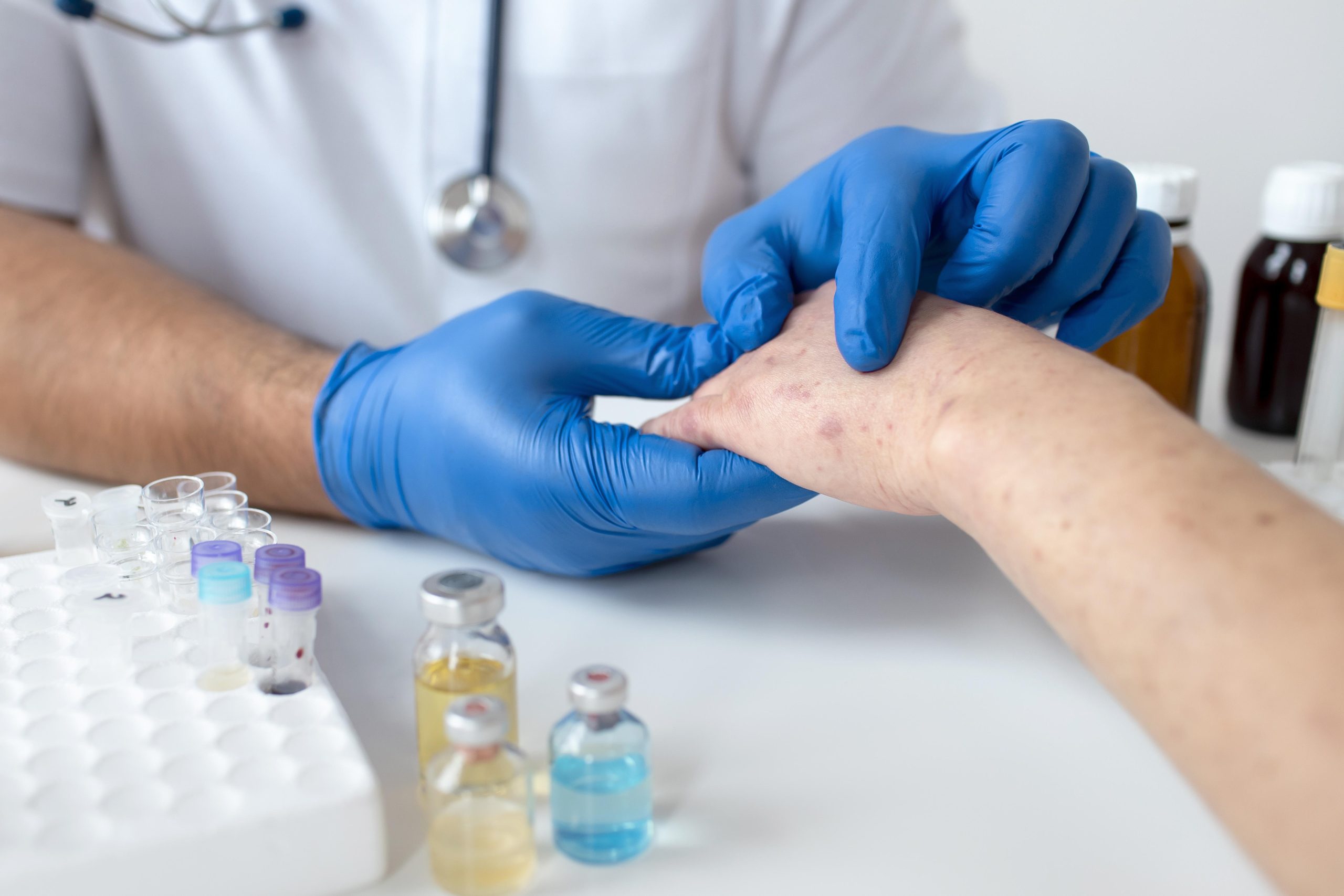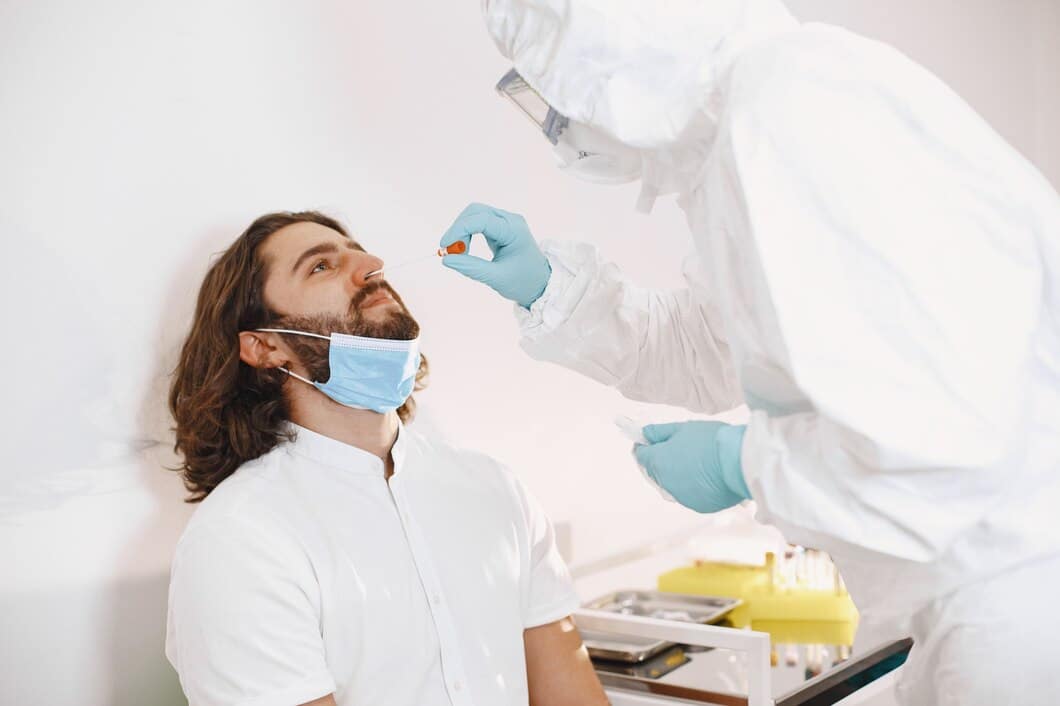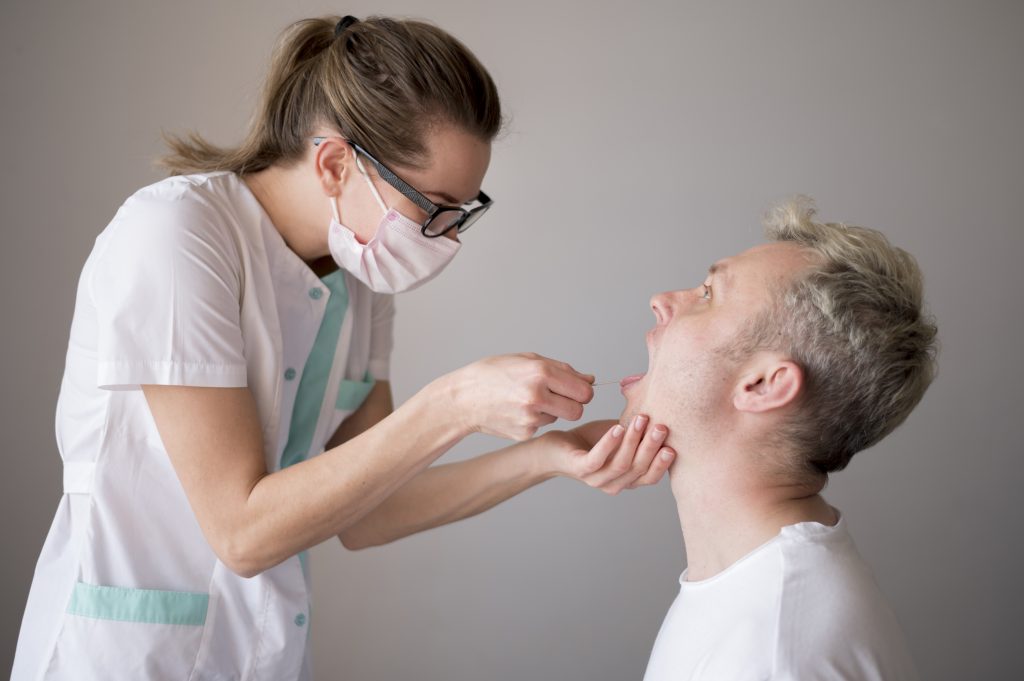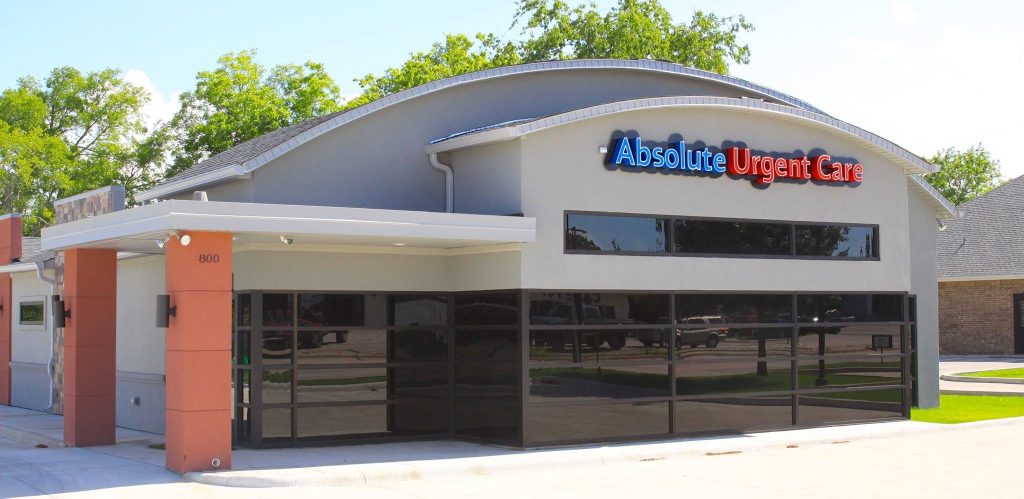Just like seasons, the number of colds and flu cases also changes. Of course a lot of these cases can be handled at home regardless, there are times when the need for professional medical care arises. The decision to go to an urgent care facility for the common cold or the flu is breaking no ground but it’s not always practical because severe infections may need urgent care.
Understanding Colds and Flu
It is essential that before we go into when to get immediate medical attention we first understand the primary differences between colds and flu. Both colds and flu are respiratory illnesses caused by viruses, but they have their own characteristics:
Common Cold
- Gradual onset of symptoms
- Lintel of severity is usually lower than flu
- It may not result in major health issues usually
influenza (Flu)
- Sudden onset of symptoms
- Commonly more severe than a cold
- It is sometimes life-threatening, especially octogenarians and immunocompromised people.
Common Symptoms of Colds and Flu
They have one or two things in common with each other, but on the other hand, they are also quite different:
Common Symptoms of Colds
- Runny or blocked nose
- Pharyngitis
- Cough
- It is very preposterous
Influenza Symptoms
- Fever (mostly high)
- Myalgias
- Overwhelming fatigue
- Headaches
- It is a scary feeling of having a dry cough and the feeling of you can’t breathe.
When to Seek Urgent Care
Multitudinal colds and flu can be managed through self-treatment, but some symptoms show indication of immediate medical care. Here are some instances of when you should walk into Absolute Urgent Care for Cold & Flu Treatment:
1. High or Persistent Fever
A fever of over 103°F (39.4°C) or more than 3 days length may necessitate professional attention. High temperatures may be a sign of more severe infections or complications.
2. Difficulty Breathing
Pulmonary Complaint such as shortness of breath, wheezing, or severe chest discomfort sometimes points to a serious condition of the airways and should be attended to immediately.
3. Severe Dehydration
Signs such as an extreme thirst with an extremely dry mouth, little urination, or maybe a tendency to lose your balance say that you are too dehydrated and your life will be at risk if you do not get immediate help.
4. Persistent Vomiting
Should you experience continuous vomiting where you cannot even swallow any liquids, it should already be sure that you need to be admitted to urgent care to avoid dehydration as well as electrolyte changes.
5. Severe Sore Throat or Swollen Glands
There are infections like strep throat or other bacterial infections which require antibiotics.
6. Symptoms Lasting More Than 10 Days
You must see a doctor if cold and flu symptoms prolong for a total of 10 days or they get worse again after improving.
High-Risk Groups
Some people carry a higher risk of the flu and common cold to develop complications. Specifically, they should be more cautious and earlier care with the symptoms they show:
- Seniors above 65 years old
- Babies under 5 years old and mostly children under 2 years
- Pregnant women
- People suffering from chronic diseases (e.g., asthma, heart disease, diabetes)
- Grown-ups who have had their immune systems weakened
The Importance of Timely Care
Directing your search for a solution at Urgent Care, in case you are in a rush to heal, will increase both the recovery speed and reduce the chance of complications. Early treatment can:
- Lose its heaviness and stay a shorter period.
- Avoid the contamination of others if there are.
- Find and deal with an underlying problem that is causing discomfort or distress.
- Producing comfort results
What to Expect at Urgent Care
When you visit Absolute Urgent Care for cold and flu, you can be sure of experiencing the following:
- An inquiry as to your past medical history and a symptom assessment through a medical history must be completed.
- A physical examination will be performed.
- When needed, the doctor may recommend tests to be performed (like, a flu test, a strep test, or a chest X-ray).
- A personalized treatment plan for a patient.
- Prescriptions will be sent to the patient after the examination if needed.
- Advice on the home care and the patient is taken to the symptom management section.
Treatment Options
Cold and flu treatments involve first relieving the symptoms and then secondly help the body to heal itself. The following are some of the usual treatments:
- Antiviral drugs (for the flu)
- Pain relievers and fever reducers
- Decongestants
- Cough suppressants
- Hydration therapy
Prevention Strategies
Although finding medical help at the right time is key, it is always better to prevent than cure. Here is a list of some of the strategies that can lower your risk for infection or barrier against colds and flu:
- Get vaccinated once a year for flue
- Follow proper hand washing regulation
- Stay at a distance from people who are ill
- Cover your mouth and nose when you cough or sneeze
- Observe good health habits (e.g., eat a balanced diet, exercise regularly, and get enough sleep)
The Role of Family Medicine in Managing Colds and Flu
The role of the care provisioner in content creation is promoting and protecting the health of society. the promptness and the spread are inevitable for the former and latter, respectively. The family doctor has the ability to:
- Give vaccines to prevent diseases
- Diagnose the health of the patient better
- Provide individual consultancy on living healthier during winter time
When to Return to Work or School
It is very important to your and others’ health to know when to get back to your normal activities and stop spreading the infection to others. In terms of sickness, you should stay at home only and not go to normal activities until:
- You haven’t had a fever for at least 24 hours without taking the fever medicine.
- Your symptoms have improved significantly.
- You feel good enough to take part in everyday activities.
Prioritizing Your Health
Although the colds and flu are common, they should not be ignored just because of that. Recognizing when to seek urgent care can make a significant difference in your recovery and your overall health. Absolute Urgent Care provides fast, efficient care for you, when the need arises. Remember, it’s safer to consult a health expert than to make your own judgment err for the health of the people. If you are not certain about the extent and the seriousness of your condition, do not delay yet see the doctor.
Through being informed by this and through practicing prevention and on the other hand through getting the help at the right time, you can quite easily shift your interests towards the right side past injury season. However, it’s always a good idea to secure a victory in health. And I know, Absolute Urgent Care is on your side at every turn.


